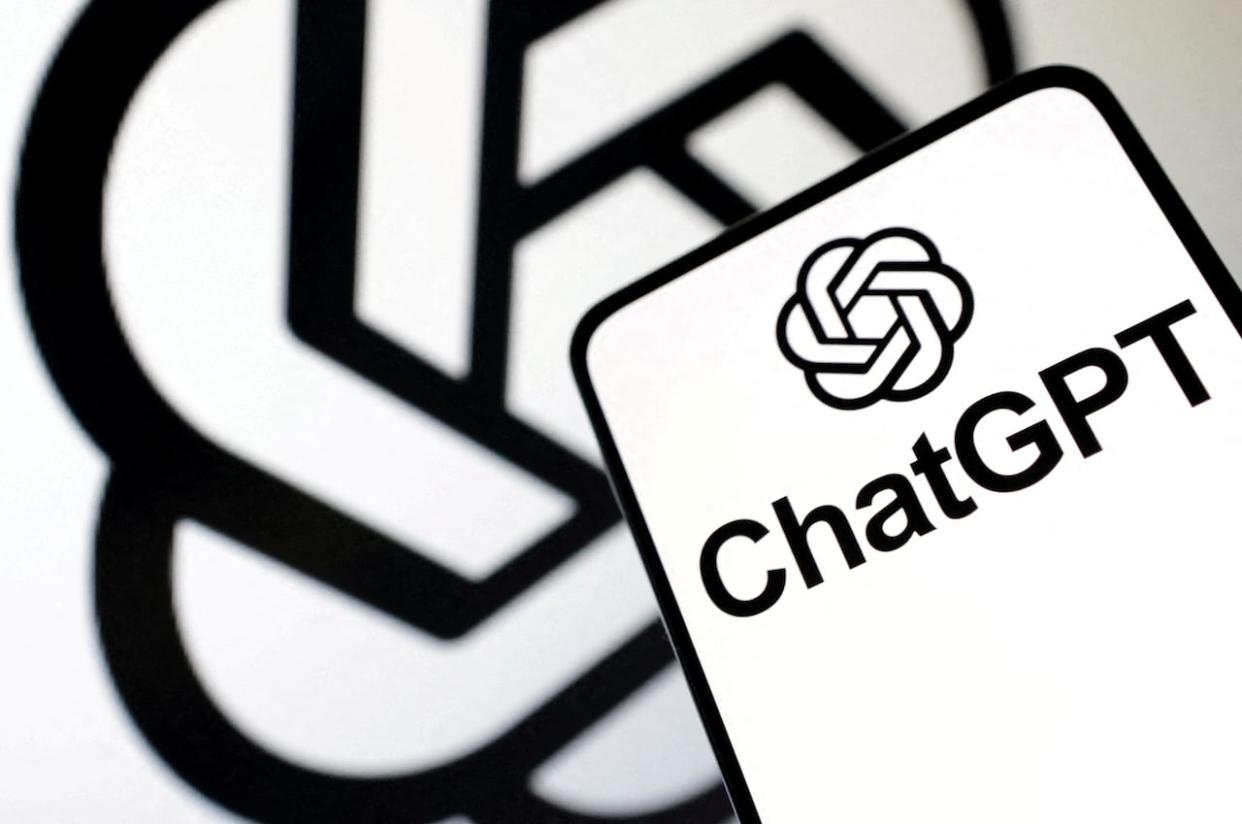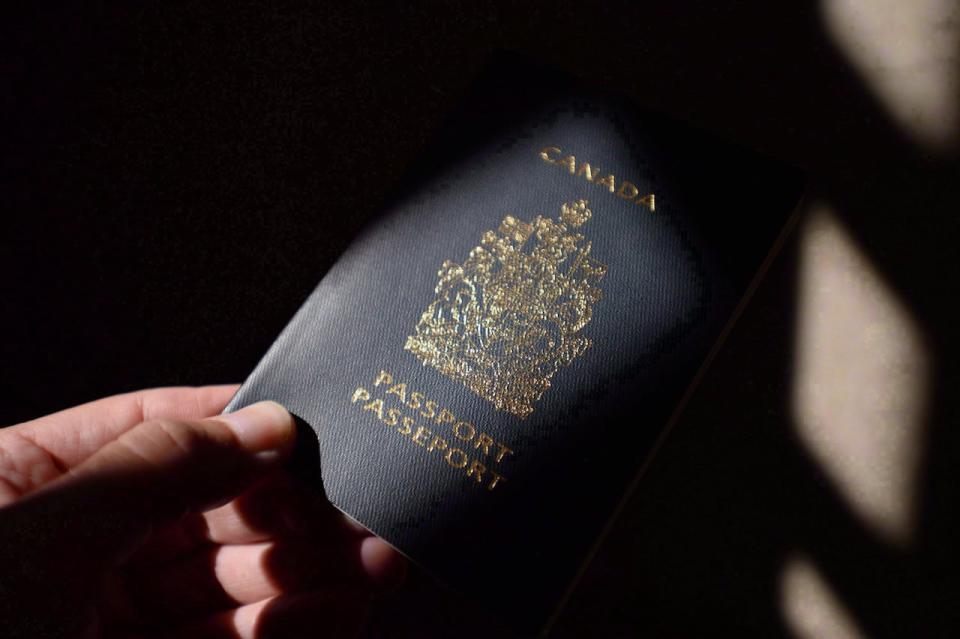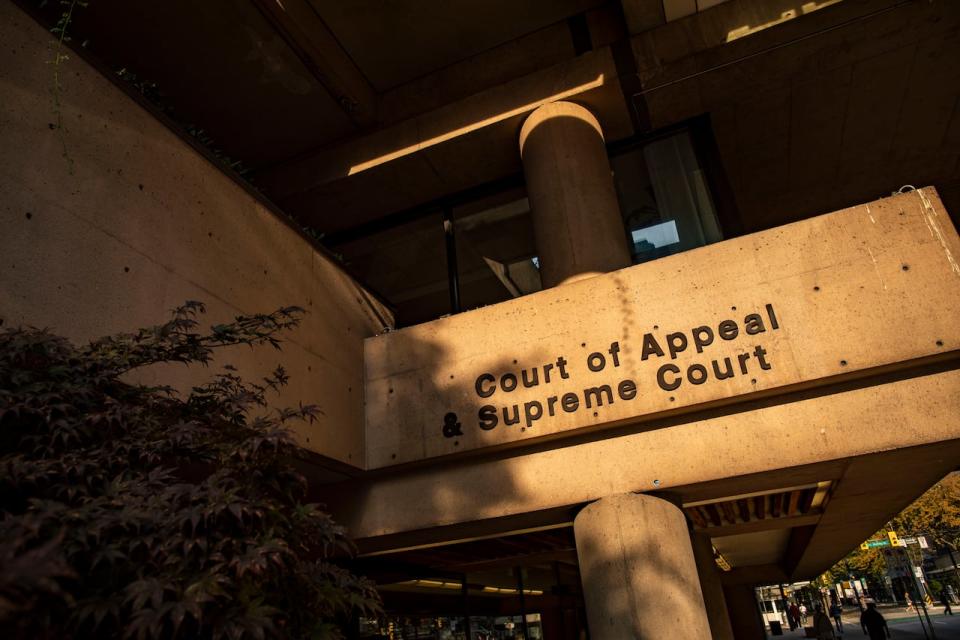B.C. lawyer reprimanded for citing fake cases invented by ChatGPT

The cases would have provided compelling precedent for a divorced dad to take his children to China — had they been real.
But instead of savouring courtroom victory, the Vancouver lawyer for a millionaire embroiled in an acrimonious split has been told to personally compensate her client's ex-wife's lawyers for the time it took them to learn the cases she hoped to cite were conjured up by ChatGPT.
In a decision released Monday, a B.C. Supreme Court judge reprimanded lawyer Chong Ke for including two AI "hallucinations" in an application filed last December.
The cases never made it into Ke's arguments; they were withdrawn once she learned they were non-existent.
Justice David Masuhara said he didn't think the lawyer intended to deceive the court — but he was troubled all the same.
"As this case has unfortunately made clear, generative AI is still no substitute for the professional expertise that the justice system requires of lawyers," Masuhara wrote in a "final comment" appended to his ruling.
"Competence in the selection and use of any technology tools, including those powered by AI, is critical."
'Discovered to be non-existent'
Ke represents Wei Chen, a businessman whose net worth — according to Chinese divorce proceedings — is said to be between $70 and $90 million. Chen's ex-wife, Nina Zhang, lives with their three children in an $8.4 million home in West Vancouver.
Last December, the court ordered Chen to pay Zhang $16,062 a month in child support after calculating his annual income at $1 million.

The fake cases surfaced in an application for the couple's children to get permission to travel to China. The lawyer withdrew the cases from the application once they proved to be fake. (Sean Kilpatrick/The Canadian Press)
Shortly before that ruling, Ke filed an application on Chen's behalf for an order permitting his children to travel to China.
The notice of application cited two cases: one in which a mother took her "child, aged 7, to India for six weeks" and another granting a "mother's application to travel with the child, aged 9, to China for four weeks to visit her parents and friends."
"These cases are at the centre of the controversy before me, as they were discovered to be non-existent," Masuhara wrote.
The problem came to light when Zhang's lawyers told Ke's office they needed copies of the cases to prepare a response and couldn't locate them by their citation identifiers.
Ke gave a letter of apology along with an admission the cases were fake to an associate who was to appear at a court hearing in her place, but the matter wasn't heard that day and the associate didn't give Zhang's lawyers a copy.
Masuhara said the lawyer later swore an affidavit outlining her "lack of knowledge" of the risks of using ChatGPT and "her discovery that the cases were fictitious, which she describes as being 'mortifying.'"
"I did not intend to generate or refer to fictitious cases in this matter. That is clearly wrong and not something I would knowingly do," Ke wrote in her deposition.
"I never had any intention to rely upon any fictitious authorities or to mislead the court."
No intent to deceive
The incident appears to be one of the first reported instances of ChatGPT-generated precedent making it into a Canadian courtroom.
The issue made headlines in the U.S. last year when a Manhattan lawyer begged a federal judge for mercy after filing a brief relying solely on decisions he later learned had been invented by ChatGPT.

A B.C. Supreme Court judge has ordered Chong Ke to pay costs for work opposing counsel undertook to figure out a pair of cases cited in an application were made up by artificial intelligence. (Ben Nelms/CBC)
Following that case, the B.C. Law Society warned of the "growing level of AI-generated materials being used in court proceedings."
"Counsel are reminded that the ethical obligation to ensure the accuracy of materials submitted to court remains with you," the society said in guidance sent out to the profession.
"Where materials are generated using technologies such as ChatGPT, it would be prudent to advise the court accordingly."
Zhang's lawyers were seeking special costs that can be ordered for reprehensible conduct or an abuse of process. But the judge declined, saying he accepted the "sincerity" of her apology to counsel and the court.
"These observations are not intended to minimize what has occurred, which — to be clear — I find to be alarming," Masuhara wrote.
"Rather, they are relevant to the question of whether Ms. Ke had an intent to deceive. In light of the circumstances, I find that she did not."
But the judge said Ke should have to bear the costs for the steps Zhang's lawyers had to take to remedy the confusion created by the fake cases.
He also ordered the lawyer to review her other files: "If any materials filed or handed up to the court contain case citations or summaries which were obtained from ChatGPT or other generative AI tools, she is to advise the opposing parties and the court immediately."

